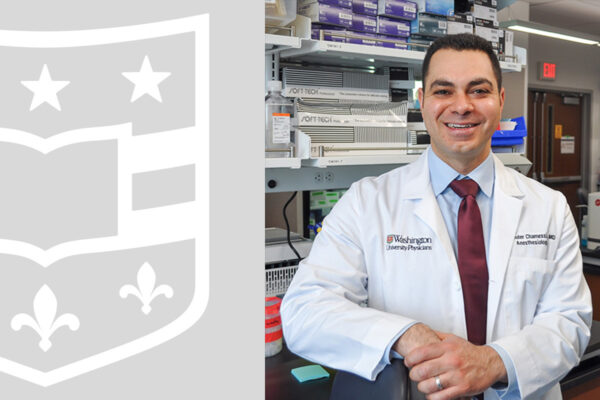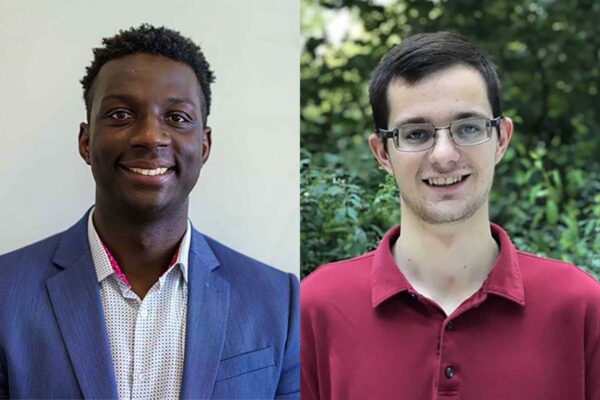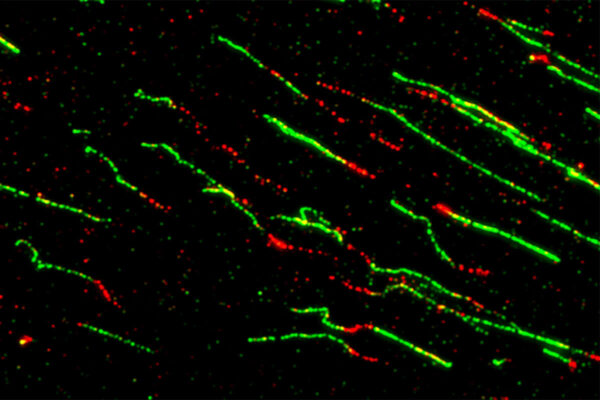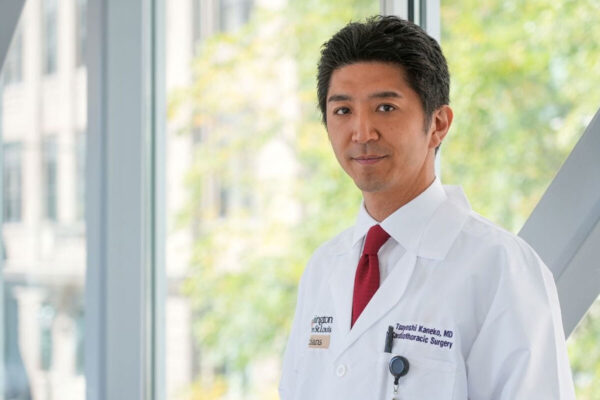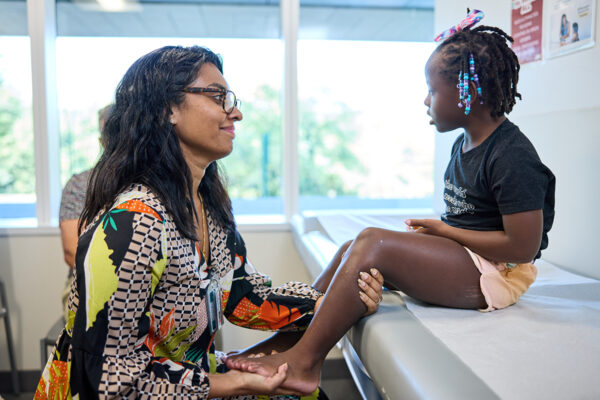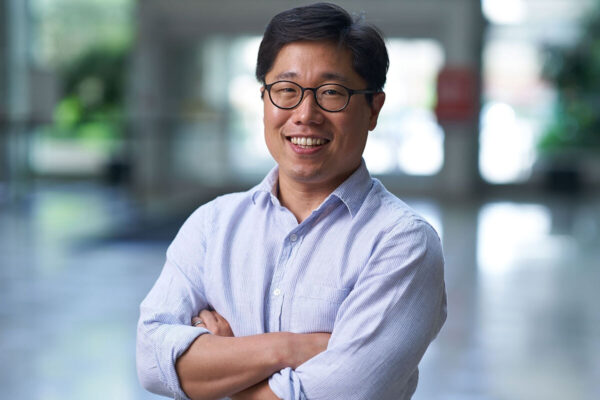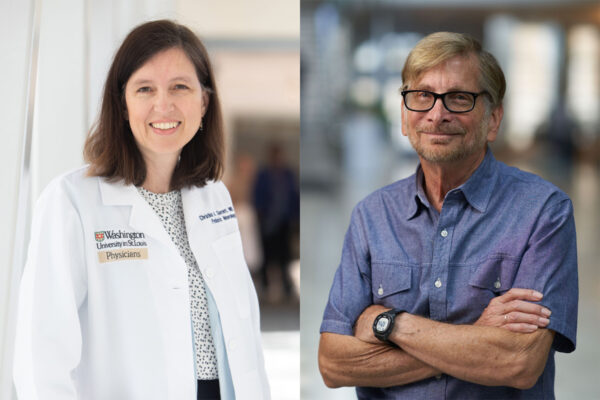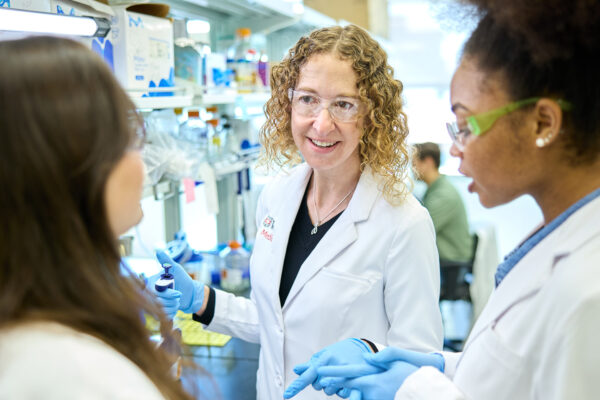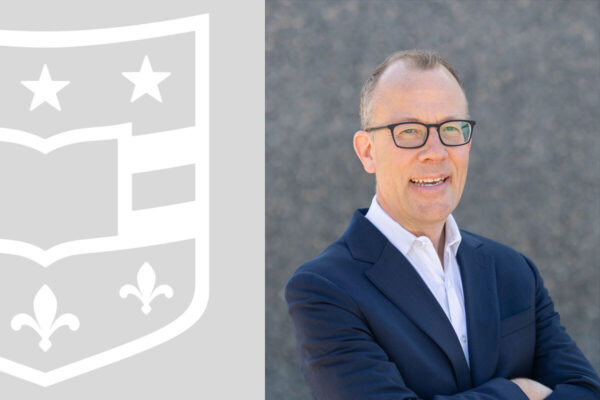Chamessian named Rita Allen Foundation Scholar
Alexander Chamessian, MD, PhD, an assistant professor of anesthesiology at WashU Medicine, was one of two early-career leaders chosen for this year’s Rita Allen Foundation Scholars Award in Pain.
Saintilnord, Reynolds named exceptional early-career research fellows
WashU Medicine postdoctoral researchers Wesley Saintilnord and Matthew Reynolds have been named Jane Coffin Childs Fellows. The fellowship is designed to support the most promising postdoctoral scientists as they seek to advance research into the causes and treatments of human disease.
How breast cancer drugs exploit genomic fractures in tumors
A new study from WashU Medicine researchers identifies possible ways to make cancer drugs called PARP inhibitors more effective, including potential strategies to re-establish their effectiveness in tumors that develop resistance to this treatment.
Kaneko named director of cardiothoracic surgery
Tsuyoshi Kaneko, MD, a clinical innovator who has developed new devices and techniques for heart valve surgeries, has been named the new director of the Division of Cardiothoracic Surgery in the Department of Surgery at WashU Medicine.
New method more accurately assesses movement disorder in children
A new WashU Medicine study led by Bhooma Aravamuthan, MD, DPhil, identifies a standardized way to assess leg dystonia, a painful movement disorder that commonly affects children with cerebral palsy.
Yi’s research soars with Eagles Autism Foundation
A WashU Medicine neuroscientist and fan of the Philadelphia Eagles, Jason Yi, has received a $400,000 grant to study autism spectrum disorder from the football team’s foundation.
Prozac treats rare form of epilepsy in WashU Medicine case study
WashU Medicine researchers showed that a popular antidepressant drug effectively reduced seizures for two sisters with a rare form of epilepsy.
Hope for those with treatment-resistant depression
A WashU Medicine study paves the way to make an effective treatment more accessible to those ‘paralyzed by life.’
The world’s deadliest disease
WashU scientists are collaborating to unlock secrets of a millennia-old scourge. Efforts may lead to an increased understanding of and improved treatments for tuberculosis, which is once again on the rise.
Lenze named XPRIZE Healthspan semifinalist
Eric J. Lenze, MD, and his team at WashU Medicine’s Healthy Mind Lab are among 40 semifinalists in the XPRIZE Healthspan competition awarded $250,000 to study approaches to improve healthy aging.
View More Stories
